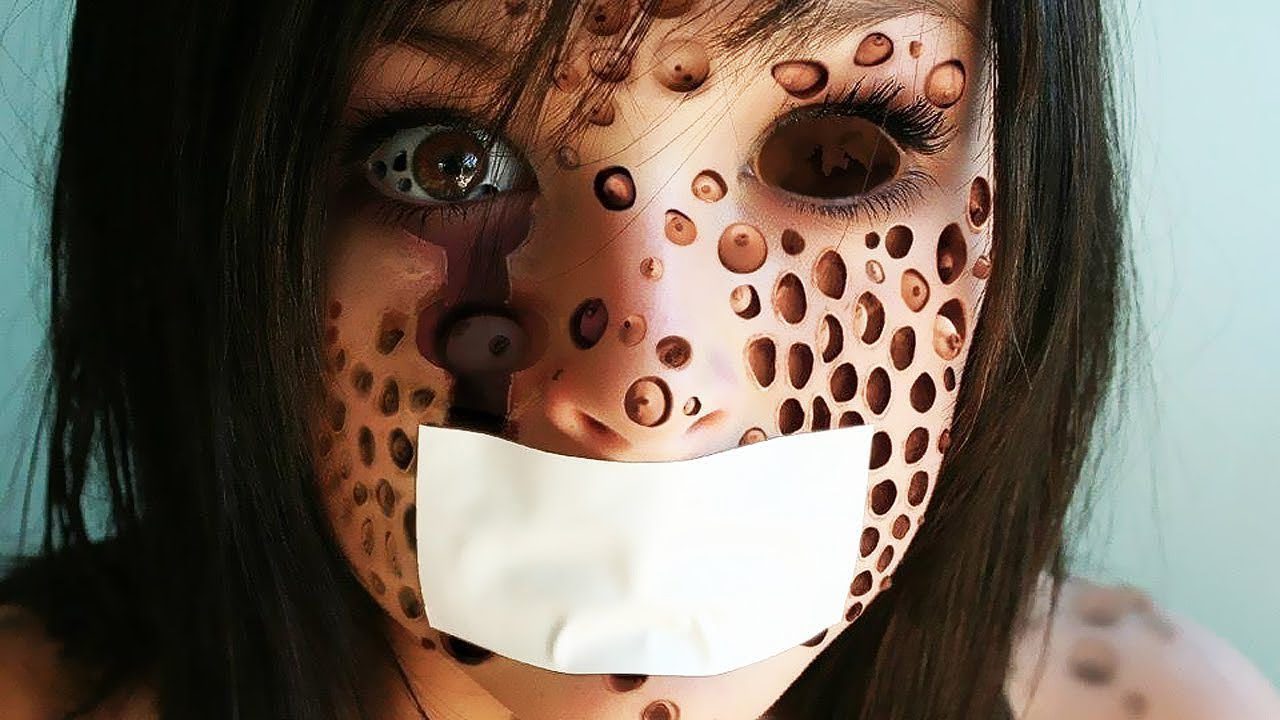This content introduces 10 weird phobias that actually exist. It explains that phobias are irrational and intense fears of specific objects, situations, or creatures. While some phobias may seem common, there are individuals who experience fears that are incredibly unique and unusual. The content then provides a list of 10 strange phobias, such as the fear of peanut butter sticking to the roof of the mouth, the fear of beards, the fear of bathing, the fear of decaying matter or dead bodies, the fear of gravity, the fear of long words, the fear of mirrors or reflections, the fear of belly buttons, the fear of being without a mobile phone or losing signal, and the fear of long words (ironically). It concludes by emphasizing the importance of understanding and supporting individuals with phobias.
10 Weird Phobias That Actually Exist
Phobias are irrational and intense fears of specific objects, situations, or creatures. While many phobias may seem common, some individuals experience fears that are incredibly unique and unusual. These phobias can have a significant impact on a person’s life, causing anxiety and distress in situations that may be seemingly harmless to others.
1. Arachibutyrophobia
Arachibutyrophobia is the fear of peanut butter sticking to the roof of the mouth. Individuals with this phobia may experience heightened anxiety and discomfort around peanut butter or any sticky substance. The fear could be triggered by a past traumatic event or a general aversion to sticky textures.
2. Pogonophobia
Pogonophobia refers to the fear of beards. People with this phobia experience intense anxiety or fear when they encounter individuals with facial hair or even just the thought of having a beard themselves. The fear may arise due to cultural, personal, or psychological factors.
3. Ablutophobia
Ablutophobia is the fear of bathing or cleaning oneself. Individuals with this phobia may dread showering or washing themselves and often experience anxiety, panic attacks, or a feeling of being overwhelmed at the thought of doing so.
4. Decorpophobia
Decorpophobia is the fear of decaying matter or dead bodies. This phobia can be severely distressing as individuals with this fear may be unwilling or unable to visit cemeteries, funerals, or places associated with death.
5. Barophobia
Barophobia is the fear of gravity. People who suffer from this phobia often experience intense anxiety related to the concept of gravity or the fear of being crushed under the weight of gravity. This fear can impact daily life, making simple activities like standing or walking challenging.
6. Sesquipedalophobia
Sesquipedalophobia refers to the fear of long words. Ironically, the term itself is a long word, which can create distress for individuals with this phobia. They may experience anxiety when exposed to complex or lengthy words and may seek to avoid situations where they may encounter them.
7. Spectrophobia
Spectrophobia is the fear of mirrors or reflections. Individuals with this phobia may feel extreme discomfort or fear when looking at mirrors, leading them to avoid their own reflection or any reflective surfaces altogether.
8. Omphalophobia
Omphalophobia is the fear of belly buttons or navels. People with this phobia may experience anxiety, panic attacks, or a sense of impending doom when they see, touch, or even think about their belly buttons or the belly buttons of others.
9. Nomophobia
Nomophobia is a relatively modern phobia, which stands for the fear of being without a mobile phone or losing signal. In our technology-dependent society, this phobia has become increasingly common, and individuals with this fear may experience heightened anxiety or panic attacks when they are separated from their phones.
10. Hippopotomonstrosesquippedaliophobia
Hippopotomonstrosesquippedaliophobia is the fear of long words. Yes, it’s ironic that a phobia related to long words has an incredibly long name. Individuals with this phobia experience distress and anxiety when confronted with long and complicated words, which can make communication and reading challenging for them.
While these phobias may seem strange or unusual, it’s important to remember that each person’s fears and anxieties are valid. Understanding and supporting individuals with phobias can make a positive difference in their lives, allowing them to manage their fears and anxieties effectively.
